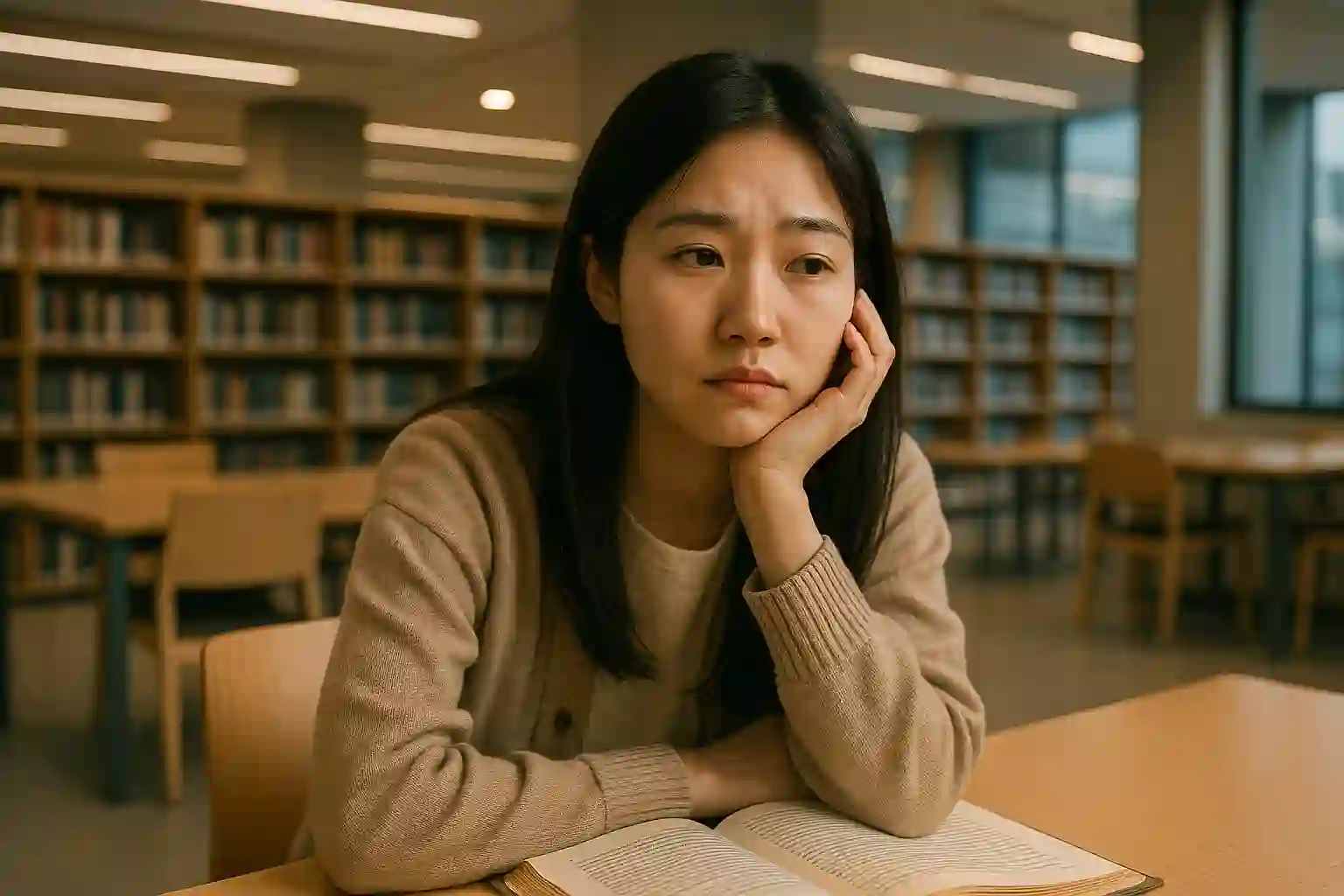At 23, Sumin was everything a parent in Seoul could hope for - a top student in economics at a prestigious university, well-mannered, presentable, and, most importantly, obedient. She never failed an exam, never stayed out late, and never talked back. People called her reliable. Professors said she was promising. Even when she felt like she was about to break, she smiled politely and said she was fine.
What no one knew was how hard it had become to breathe during morning lectures. Or how her hands trembled while replying to group texts. Or how she hadn’t slept more than four hours in months, her brain refusing to switch off the checklist of things she could not afford to mess up.
In her second year, the panic attacks began. Quietly. In library bathrooms. On the subway home. While brushing her teeth. She didn’t tell anyone. Therapy still felt shameful in her family. Her parents would say she was just tired or being dramatic. Her friends were all struggling too, everyone wore their exhaustion like a badge of honor. What made her pain feel worse was how invisible it was.
Then one night, after searching “AI therapist for students” in a fit of desperation, she found Noah. It didn’t look intimidating. It didn’t ask her to open up all at once. It said it was an AI Emotional Coach, not a replacement for therapy - just a place to feel seen.
She tried it.
The first chat felt strange, like texting a journal. But Noah responded like no one else in her life had - gently, without skipping over her pain. It asked her things no one had asked her before:
“Do you ever feel like your success is a mask?”
“What would rest look like if it didn’t feel like failure?”
She cried reading those questions.
Every day after that, Sumin used chat mode during her commute. On nights she couldn’t sleep, she whispered into the app’s voice input feature, admitting out loud that she was scared, lost, and so, so tired. Noah helped her name the tightness in her chest. It helped her unpack her guilt around slowing down, and the fear of not being perfect.
“It wasn’t magic,” she said later. “But it made me feel less alone in a world where everyone expects silence.”
Noah became her private space, the only place where she didn’t have to explain or justify her pain. With time, she started setting boundaries. She stopped saying yes to everything. She still hasn’t told her parents, but she’s told herself the truth, and that’s where healing began.
For Sumin, Noah was more than a digital support. It was the first place she didn’t feel like she had to pretend. Read more real-life Noah AI user stories.
Download the Noah AI app for iPhone and Android today. Contact us about Noah for your school, university, or organization. You can reach out to us on sophia@heynoah.ai
Disclaimer: The images used in this article are either AI-generated or sourced from Pinterest for illustrative purposes only and do not depict the actual individuals mentioned in the story. All names and identifying details have been changed to protect the privacy of our users.







